
Media professionals’ secret weapon: preparation that feels spontaneous
Let’s be honest — there’s nothing quite as awkward as watching someone read confidence off a page. You’ve seen it before: the executive delivering a keynote who sounds like they swallowed a PowerPoint, or the MC at a corporate gala who treats every word like it’s a court verdict. It’s not that they don’t know their stuff — it’s that they sound like Siri on stage.
Yet, the best communicators — from newsroom anchors to Nollywood actors to polished CEOs — manage to sound fresh, alive, and unscripted, even when they’ve memorized every line. The magic isn’t in the words themselves. It’s in how those words are delivered. Welcome to the subtle art of sounding natural… when everything you say has been planned to the comma.
The secret sauce: preparation that feels effortless
Here’s a little industry truth: the most natural-sounding speakers are often the most prepared. Komla Dumor, for instance, never just “showed up” on air. He rehearsed, rephrased, refined — and then delivered with charm so effortless you’d swear he was improvising. That’s the trick. Great communicators rehearse until the words stop feeling like lines and start feeling like conversations.
Think of it like jazz. A jazz musician practices scales endlessly, but when they perform, it sounds spontaneous — fluid, alive, even playful. The structure is there, but so is the soul. Your job as a professional communicator is to find that same balance between structure and spirit.
Step 1: Know the message, not just the words
The biggest mistake people make when preparing for a presentation, speech, or interview is trying to memorize sentences instead of understanding meaning. If you forget one line, panic sets in — and panic, my friend, is not a good look on camera.
Instead, focus on the story arc. What are the three things your audience must remember? Once you know that, you can find a dozen ways to say it naturally. It’s the difference between “reciting” and “connecting.”
Step 2: Speak like you write to a friend (not like you’re defending a thesis)
We Africans are natural storytellers. We know how to hold a crowd — from the market square to the pulpit. But something strange happens when we face a camera or a boardroom: we switch into “formal mode,” using words no one would ever say in real life. (“Ladies and gentlemen, in consonance with the strategic trajectory of our fiscal deliverables…” — please, make it stop.)
If you wouldn’t say it over jollof rice with a friend, don’t say it to an audience. The best communicators sound human. They let their personality peek through the professionalism.
Step 3: Practice with pressure
A speech that sounds great in your mirror can crumble under studio lights. So simulate the setting. Record yourself on your phone. Deliver your pitch while walking. Practice in front of a skeptical friend (everyone has one). The goal is to make the script muscle memory so you can focus on energy and connection when it matters.
Professional broadcasters know this well. By the time that red light blinks, they’ve rehearsed tone, pauses, and emphasis so deeply that it feels second nature. Their focus shifts from “what to say” to “how to say it.” That’s the sweet spot.
Step 4: Embrace the human moments
Even the pros trip over words, misplace a line, or fumble a phrase. The trick is not to freeze. Smile. Recover. Keep going. Those little imperfections make you relatable. They show confidence that isn’t dependent on perfection.
Remember: your audience doesn’t want a robot. They want you — prepared, yes, but also present.
Step 5: Listen, don’t just perform
Communication isn’t theatre; it’s dialogue. The best speakers and MCs know how to read the room — when to pause for laughter, when to pivot, when to drop that killer line you didn’t plan but fits perfectly. Presence is about awareness, not performance.
So the next time you’re about to deliver that perfectly crafted speech, remind yourself: you’re not there to impress; you’re there to connect. Preparation gives you confidence — but presence gives you charisma.
Because in the end, the real pros don’t sound rehearsed — they sound ready.
>>> Need training? Email [email protected]
The post On Cue with Kafui Dey: Beyond the script: How to sound natural when every word is planned appeared first on The Business & Financial Times.
Read Full Story



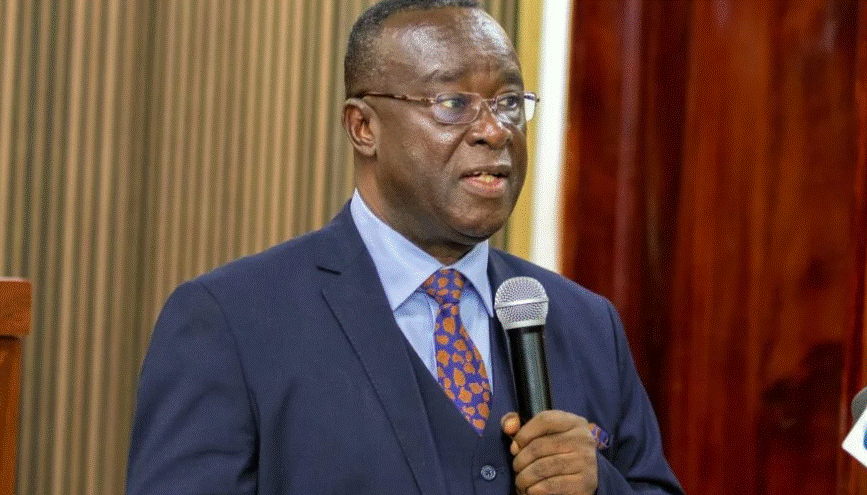



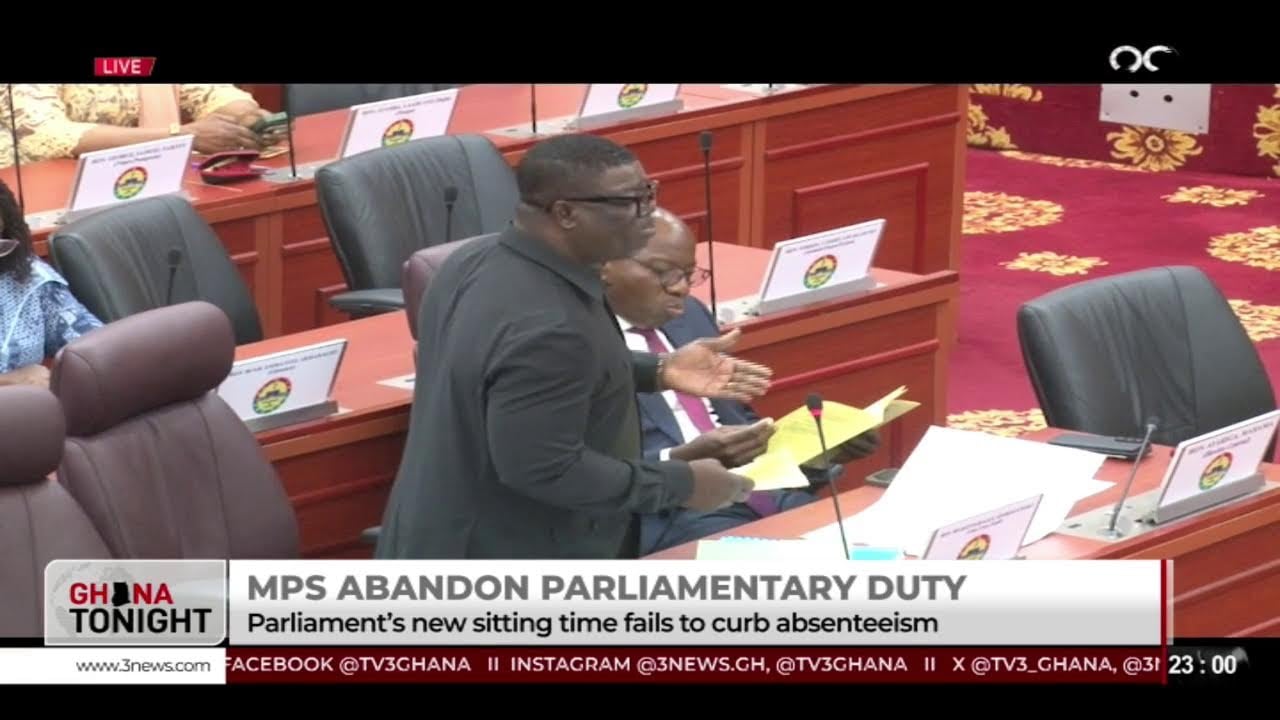
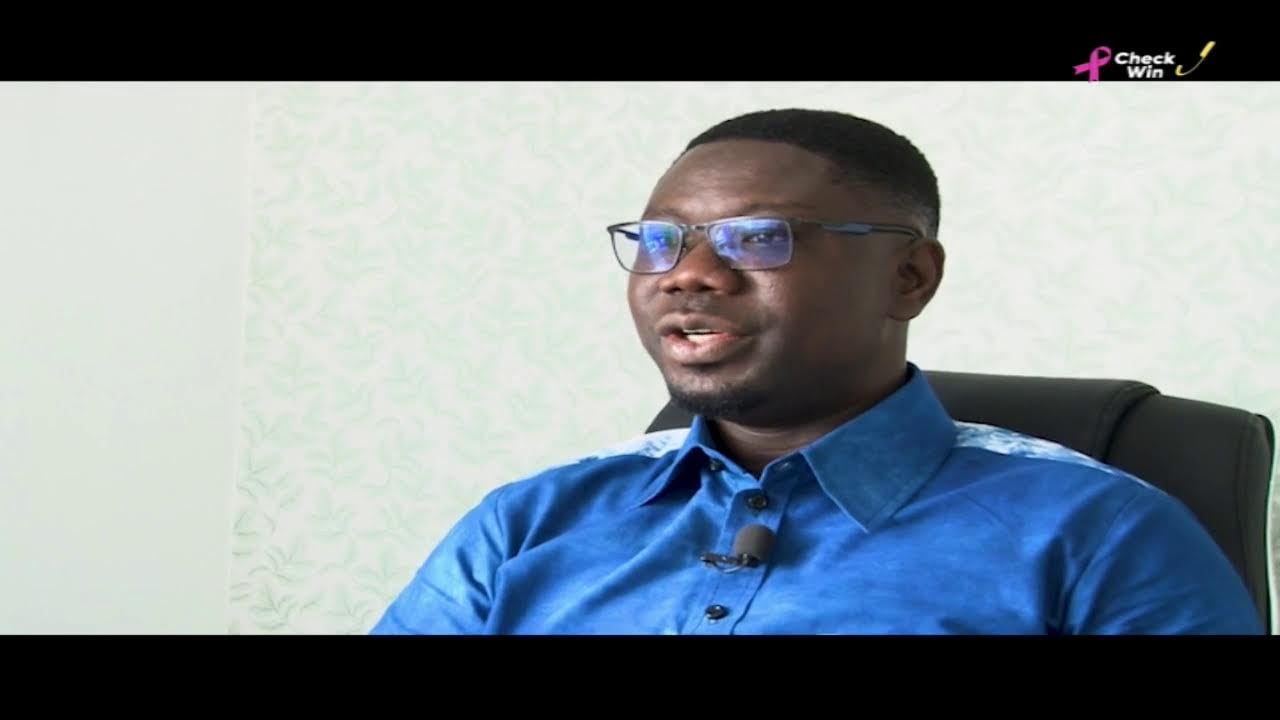



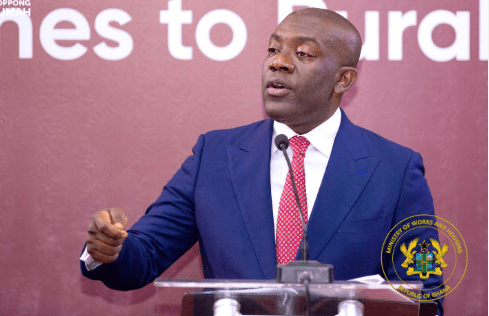
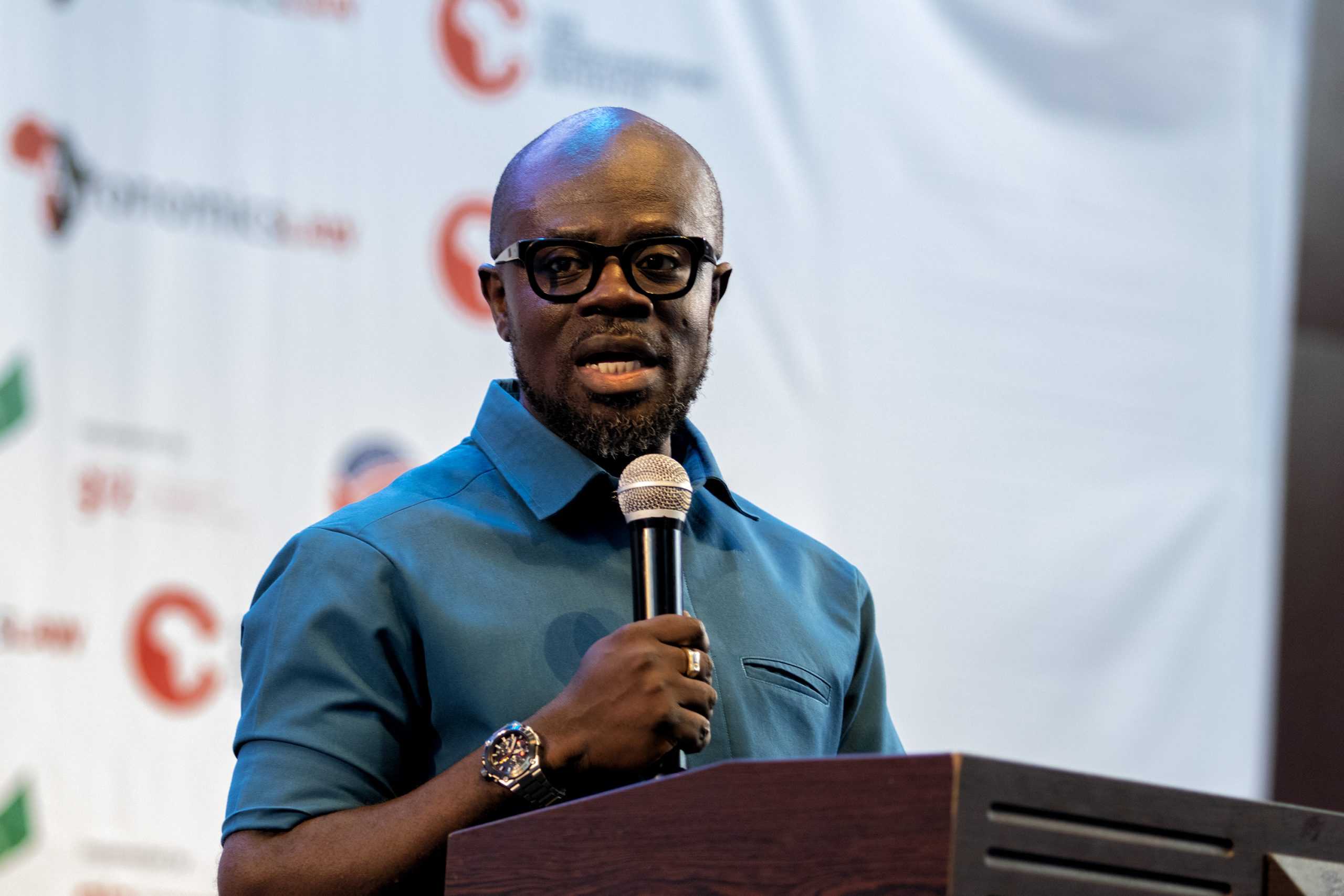

Facebook
Twitter
Pinterest
Instagram
Google+
YouTube
LinkedIn
RSS